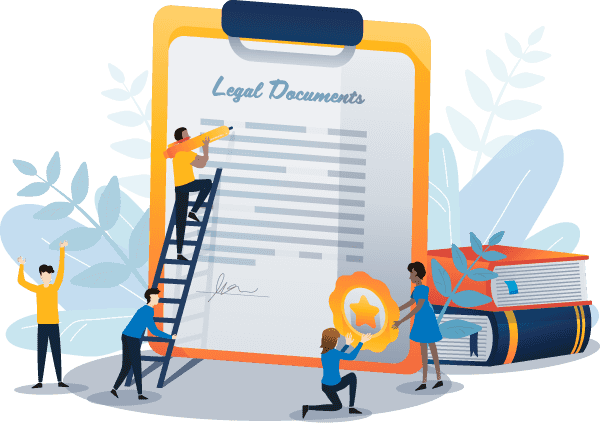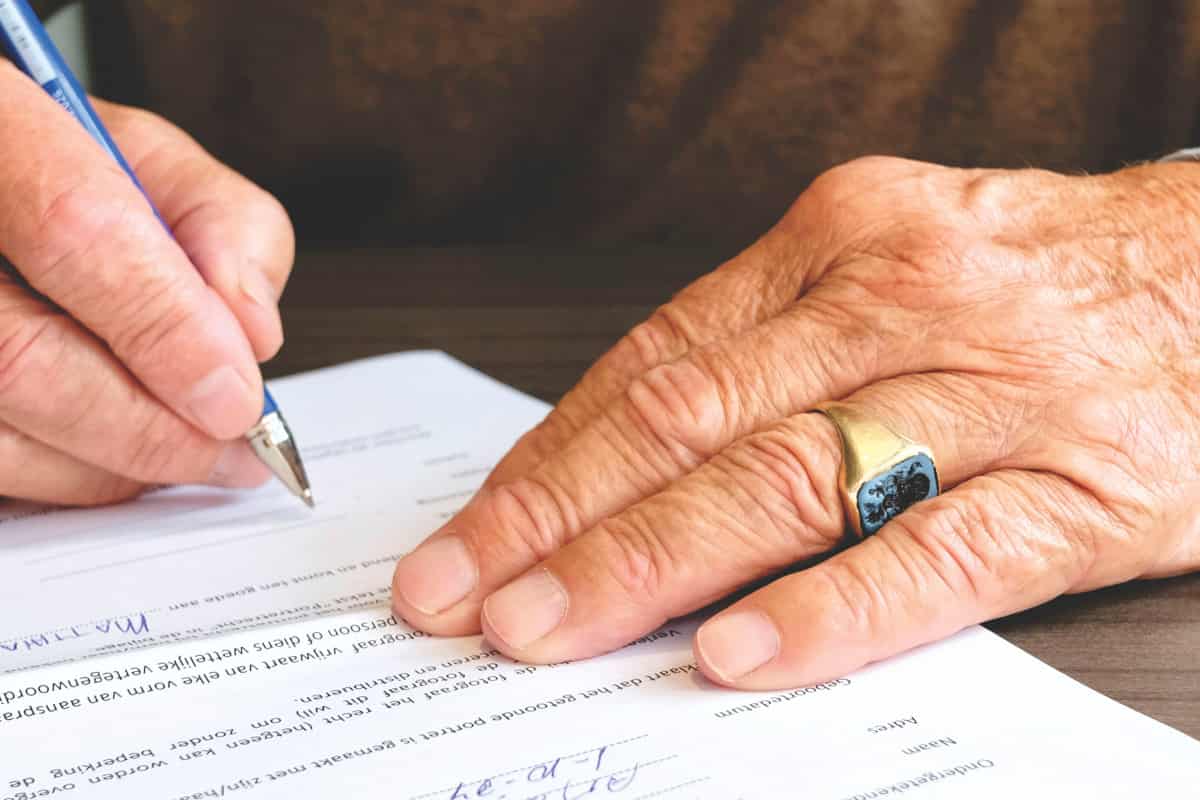Sydney-based founder, business developer and career coach. Formerly Growth & Product Marketing Manager at Lawpath.
Writing a will is something a lot of people don’t like to think about. However, there comes a time (such as when you have dependants or certain assets) where you need to decide what will happen after you die. However, many people never get around to writing a will. When someone dies without a will, they die “intestate”. This has complicated legal consequences that make it hard to fulfil the deceased person’s wishes in regard to their estate. For this reason, it is a good idea to consult with an estate planning lawyer to make sure you have a will that makes appropriate arrangements for your funeral and the distribution of your assets.

Make your wishes known in a matter of minutes.
Complete, customise and download your will for free.
Get startedIntestacy
Intestacy is the term for the state of a person when they die without having made a valid will. If someone dies ‘intestate’, it means that they did not have a valid will at the time of their death. Conversely, if someone dies having made a valid will, they are deemed to have died ‘testate’ and their estate can be distributed according to their wishes. This also avoids the often lengthy and complicated intestacy legal process. Intestacy can also occur where a will is invalid, such as:
- The person did not have mental capacity to make a will
- It fails to properly dispose of all their assets
- The will was poorly drafted and the legal rules of construction have not been followed
- The document has not been signed and witnessed according to law
What Happens when Someone Dies without a Will?
Before an intestate person’s estate is distributed, an eligible person must apply to the NSW Supreme Court for a grant of Letters of Administration in order to manage the estate. The administrator will be responsible for making funeral arrangements, collecting assets and settling any debts. An eligible person includes a spouse, de facto partner or relative. For more information, check our legal guide on appointing a Next of Kin.
The specific distribution of an intestate person’s assets is governed by the relevant state or territory’s legislation. In NSW this is the Succession Act 2006, which determines who the deceased person’s successors are and the portion of the estate that they will receive. Generally speaking, the legislation favours a surviving spouse or de facto partner. If there is none, then the estate will be distributed amongst the deceased person’s children. If there are no children, then any of the deceased person’s relatives may have a claim to the estate. These relatives include:
- Parents
- Brothers and sisters
- Grandparents
- Aunts and uncles
- Cousins
Relatives must survive 30 days after the death of the deceased. If there are no relatives eligible, the deceased’s property will pass to the State (crown).
Conclusion
Ultimately, when someone dies without a will their assets are distributed according to the law. This means that this might not be in the best interests of their surviving relatives or deceased person themselves. To prevent this, you should draft a valid will and ensure that your wishes are known. These days, drafting a will does not have to be a hugely complicated task. In fact, you can create a customisable and ready will in under 15 minutes online. Writing a will may sound like something you want to do later in life, but it’s ever too early to prepare for the future.






